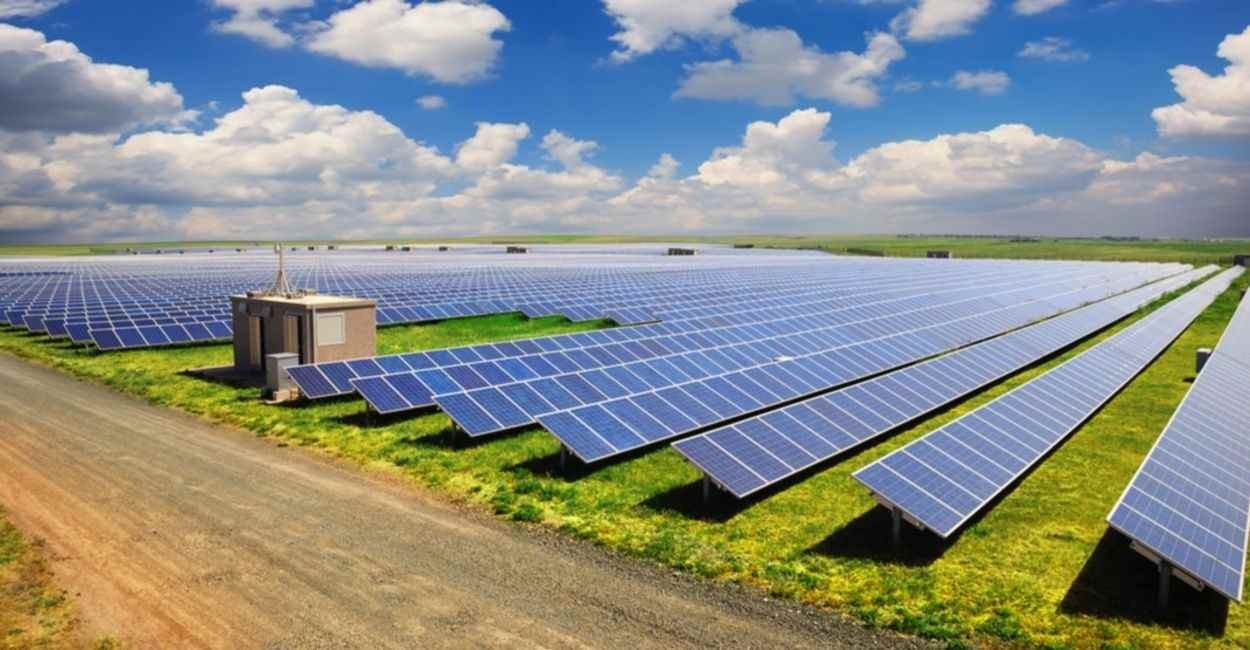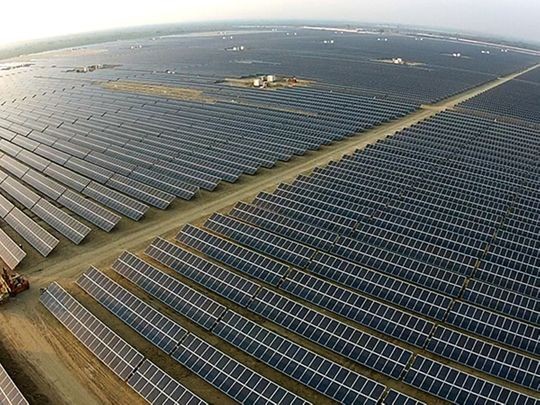
SOLOR ENERGY INVESTMENT
**Title: "Harnessing the Power of the Sun: A Comprehensive Guide to Solar Energy Investment"**
**Date: September 9, 2024**
In the quest for sustainable and profitable investment opportunities, solar energy has emerged as a compelling option. As the world increasingly turns to renewable sources to combat climate change, investing in solar energy offers both financial and environmental benefits. This blog delves into the essentials of solar energy investment, highlighting its advantages, potential risks, and key considerations.
### **Why Invest in Solar Energy?**
1. **Growing Market Demand:**
The global shift towards renewable energy has created a burgeoning market for solar power. Governments worldwide are implementing policies and incentives to encourage solar adoption, making it a lucrative investment opportunity.
2. **Stable Returns:**
Solar energy investments often come with long-term, stable returns. The predictable nature of solar power production, combined with decreasing installation costs and technological advancements, contributes to steady revenue streams.
3. **Environmental Impact:**
Investing in solar energy aligns with growing consumer and corporate preferences for sustainability. It supports the reduction of carbon emissions and contributes to a cleaner, greener planet.
### **Types of Solar Energy Investments**
1. **Solar Stocks:**
Investing in publicly traded companies involved in solar technology and services can offer exposure to the sector’s growth. Companies like First Solar and SunPower are key players in this space, providing opportunities to benefit from their financial performance.
2. **Solar Mutual Funds and ETFs:**
For a diversified approach, consider solar-focused mutual funds or exchange-traded funds (ETFs). These funds pool investments into a range of solar companies, reducing individual risk and providing broader market exposure.
3. **Solar Bonds:**
Solar bonds are fixed-income securities issued to fund solar projects. Investors receive regular interest payments, making this a potentially stable investment with a social impact.
4. **Direct Ownership:**
Investing directly in solar projects or installations can yield substantial returns. This approach might involve purchasing shares in solar farms or funding residential solar panel installations.
5. **Community Solar Programs:**
These programs allow investors to contribute to local solar projects and receive a portion of the energy savings or revenue. It’s a way to support solar initiatives within your community while earning returns.
### **Key Considerations**
1. **Regulatory Environment:**
Solar energy investments are influenced by government policies and incentives. Stay informed about local and national regulations, as changes can impact the profitability and viability of solar projects.
2. **Technology and Innovation:**
The solar industry is rapidly evolving, with ongoing advancements in technology. Investing in companies or projects at the forefront of innovation can offer higher returns but may also come with increased risk.
3. **Financial Stability:**
Evaluate the financial health of any company or project before investing. Consider factors such as revenue, profitability, and debt levels to ensure a sound investment.
4. **Long-Term Horizon:**
Solar energy investments often require a long-term commitment. Be prepared for extended investment horizons and consider how these investments align with your overall financial goals.
### **Risks and Challenges**
1. **Market Volatility:**
Like any investment, solar energy investments are subject to market fluctuations. Price volatility in the stock market or changes in government policies can impact returns.
2. **Technological Risks:**
Rapid advancements in solar technology can make existing technologies obsolete. Investing in cutting-edge technologies carries the risk of unforeseen challenges and changes.
3. **Project Risks
Direct investments in solar projects may face risks related to project execution, maintenance, and energy production. Due diligence and careful selection of projects are crucial.
All comments
Comment not found

